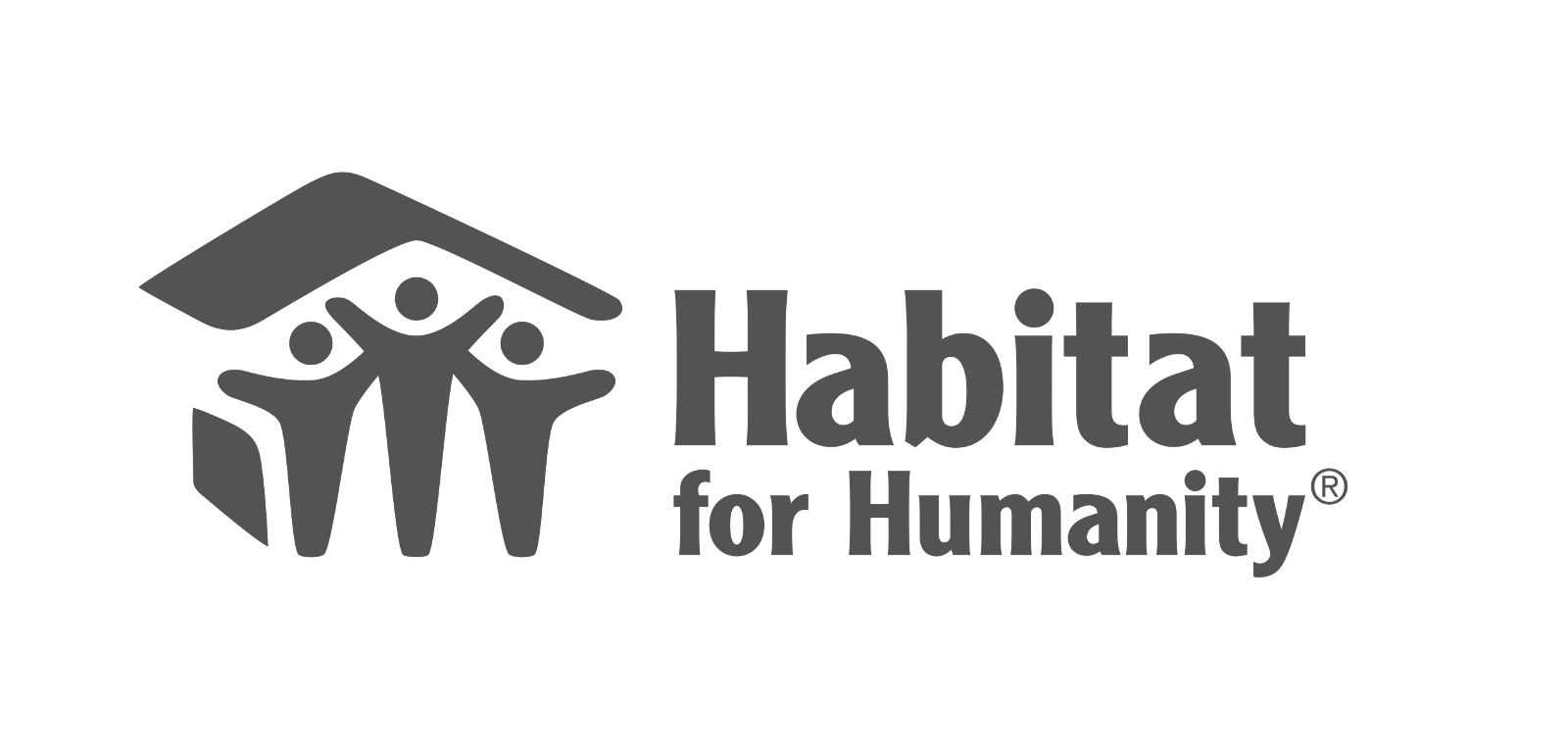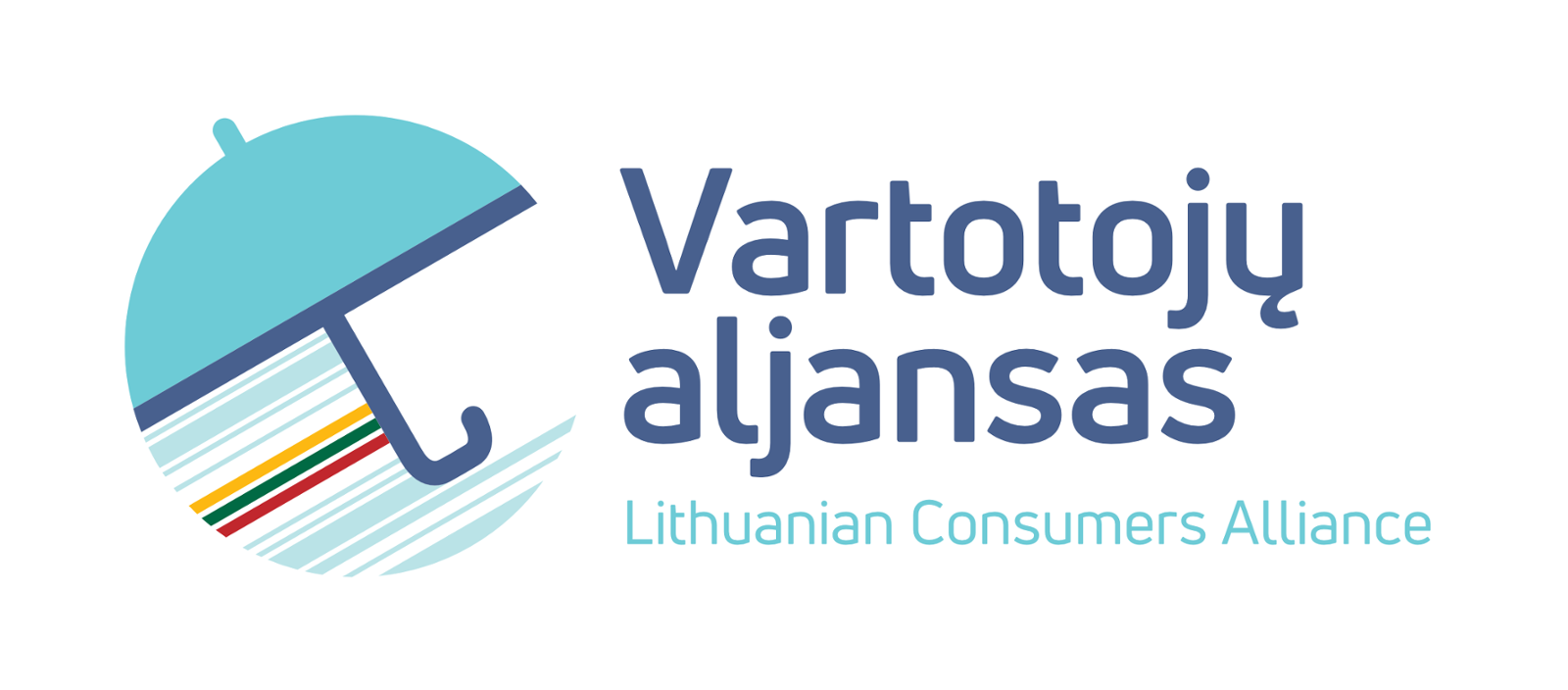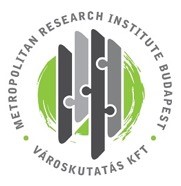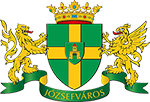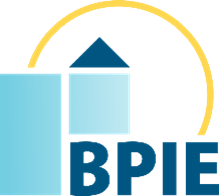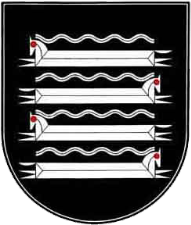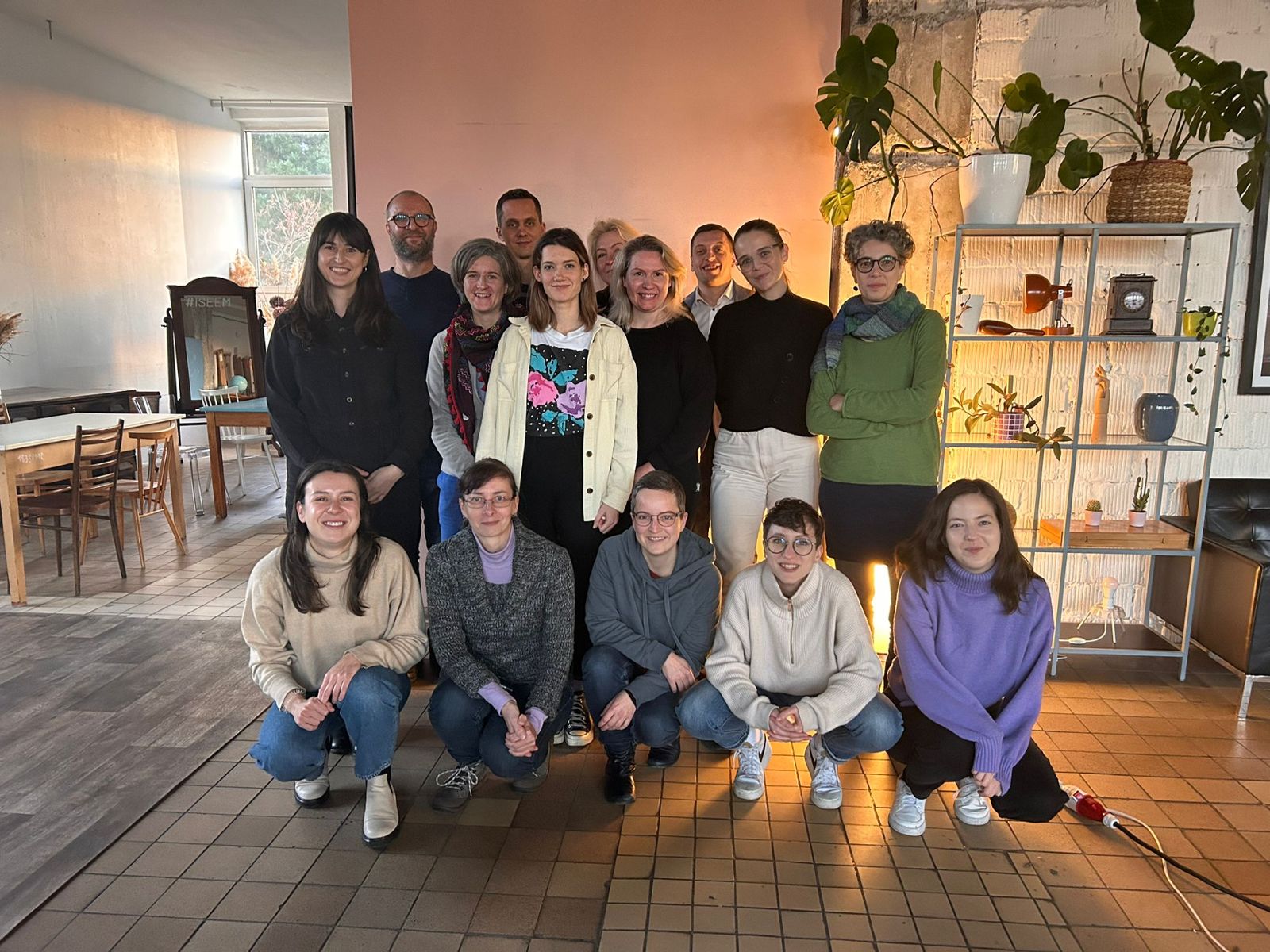ComActivate - Enabling community action for energy sufficiency 
The LIFE project ComActivate continues the work of the ending Horizon2020 project ComAct. It deepens the knowledge gained in this project and seeks further solutions to counteract energy poverty. In three pilot projects, new approaches such as the Individual Refurbishment Roadmaps (IRR) and Neighbourhood Energy Sufficiency Roadmaps (NESR) are being tested, further developed and adapted for the pilot districts.
The project responds to the increasing energy poverty in the EU, especially in Central and Eastern European countries, by addressing the poor energy efficiency of buildings. Energy efficiency of buildings is one of the main causes of energy poverty and a strong driver of climate change. 75% of the building stock in the EU is inefficient, with buildings responsible for 36% of greenhouse gas emissions.
ComActivate is being implemented in three municipalities in three different countries, Burgas in Bulgaria, Budapest-Józsefváros in Hungary and Kaišiadorys in Lithuania. These countries represent different regions in Central and Eastern Europe with different laws and regulations, but these countries in turn share a similar history, geography, climate and patterns of action with their neighbouring countries. This facilitates the regional replicability of possible processes from the pilot projects.
In the three municipalities, multi-family apartment buildings (MFAB) were selected because around 60% of people in Central and Eastern Europe live in MFAB and the social, technical, legal and financial challenges of renovating MFAB are complex and often not clearly defined, especially when it comes to the use of renewable energy. ComActivate will develop, demonstrate and support solutions for MFAB that reduce energy poverty, increase energy security and bring building emissions in line with climate targets (near full decarbonization by 2050). The following steps are planned:
- the institutionalization of Resource Centres (RCs), in other words One-Stop-Shops (OSSs), at local level as a functioning mechanism to better reach energy-poor homeowner associations (HOAs) and facilitate decision-making in HOAs;
- the development of Neighbourhood Energy Sufficiency Roadmaps (NESR) to map the complexity of renewable energy for MFAB and how energy needs can be secured in line with poverty reduction and climate neutrality;
- building the capacity of HOA managers to carry out renovations, and raising awareness among communities to allay concerns about the benefits of renovations; and
- public-private policy and investment dialogue at national and EU level to enable the sustainability of resource centres and the implementation of Neighbourhood Energy Sufficiency Roadmaps (NESR).
Project Data
Duration | 11/2023 - 10/2026
Project Lead | Nadacia Habitat for Humanity International, HFHI (Slovakia)
Project Partners |
Metropolitan Research Institute, MRI (Hungary),
Budapest 8. District Jozsefvaros (Hungary),
Buildings Performance Institute Europe, BPIE (Belgium),
Initiative Wohnungswirtschaft Osteuropa e.V., IWO (Germany),
ENEFFECT (Bulgaria),
Kaisiadorys Municipality (Lithuania),
Burgas Municipality (Bulgaria),
Eko Invest (Croatia),
Lithuanian Consumers Alliance, LCA (Lithuania).
Sponsor | European Commission - LIFE Programme

